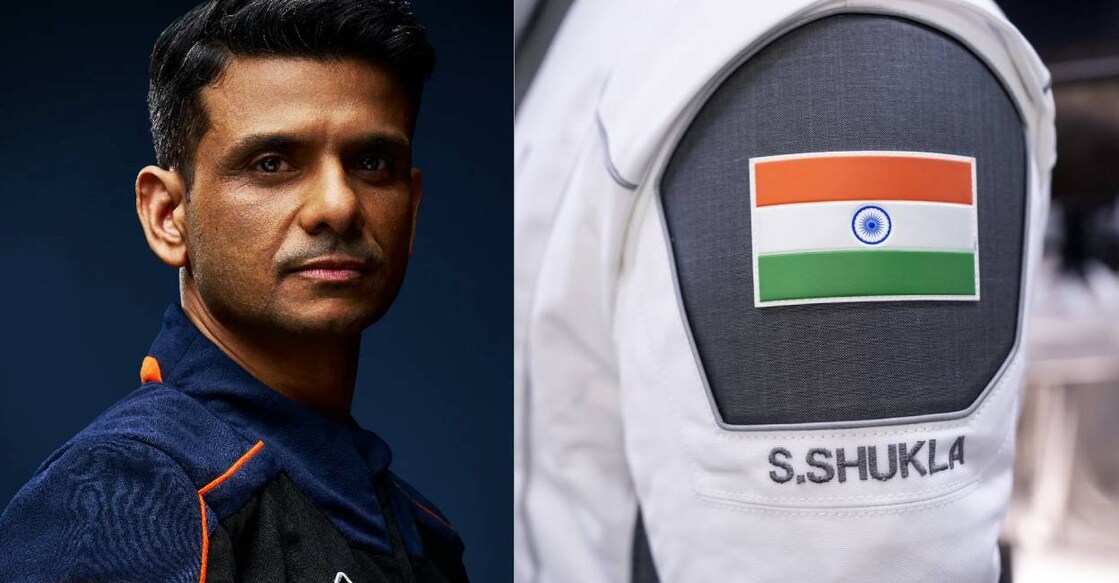Indian astronaut Shubhanshu Shukla to fly to Space Station in May

Mail This Article
New Delhi: India is all set to make another milestone in its space expedition as astronaut Shubhanshu Shukla will fly to the International Space Station in May. Union Minister for Science and Technology Jitendra Singh confirmed that Shukla, an Indian Air Force Captain, will travel to space as part of an Axiom-4 mission, four decades after Rakesh Sharma's iconic spaceflight onboard Russia's Soyuz spacecraft.
Singh announced the space mission after reviewing the work of the Department of Space and the Indian Space Research Organisation (ISRO) here.
"Group Captain Shukla's journey is more than just a flight it's a signal that India is stepping boldly into a new era of space exploration," Singh said.
ISRO Chairman V Narayanan made a presentation on various upcoming space missions.
ISRO is set to launch the NISAR satellite developed jointly with NASA in June on board the GSLV-Mark 2 rocket, Singh said, adding that in July the space agency will put in orbit BlueBird Block-2 satellites of US-based AST SpaceMobile Inc. using the heavy-lift LVM-3 rocket.
Singh said Group Captain Shukla's mission, scheduled for May, marks a milestone in India's expanding international space collaborations. Shukla was shortlisted under ISRO's Human Spaceflight Program and is among the top contenders for the Gaganyaan mission.
His journey aboard the Axiom-4 mission is expected to provide critical hands-on experience in spaceflight operations, launch protocols, microgravity adaptation, and emergency preparedness all essential for India's crewed space ambitions, an official statement said.
"What sets Shukla's mission apart is its strategic importance. Unlike the symbolic undertones of India's first human spaceflight, this time the focus is on operational readiness and global integration," it said.
The statement said Shukla's participation underscores India's growing engagement with public-private international partnerships in space and its resolve to emerge as a serious contender in human space exploration.
Singh said the collaboration with international partners and the strategic momentum of projects like Gaganyaan reflects India's commitment to becoming a global leader in space technology. He added that these efforts were not only scientific in nature but also aligned with the vision of a developed and self-reliant India.
ISRO also plans to launch the PSLV-C61 mission carrying the EOS-09 satellite, which is equipped with a C-band synthetic aperture radar, capable of capturing high-resolution images of Earth's surface under all weather conditions, day or night.
Another significant milestone will be the Test Vehicle-D2 (TV-D2) mission, designed to simulate an abort scenario and demonstrate the Gaganyaan Crew Escape System. The mission includes sea recovery operations for the Crew Module, mimicking procedures planned for India's first human spaceflight.

